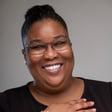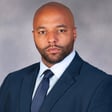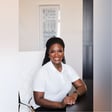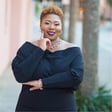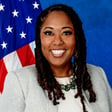
Music & Production Coordinator feat. Tanisha Edwards (Part 2)
Part 2 - This episode we’ll learn about the life of a Music Coordinator in Film & Television. A Music Coordinator’s primary responsibility is finding music that can be used in a video or production. For example, if a director wishes to hire an orchestra to record music for a film, it is up to the music coordinator to book the orchestra, the recording studio, and studio staff, and they must also negotiate legal rights to use the music, negotiate salaries, and coordinate with editors and film producers. As you can imagine, this role requires project management, negotiation and budgeting skills.
Today’s guest is Tanisha Edwards, Music & Production Coordinator for Saatchi & Saatchi. I’ve always known Tanisha as a music head so I was excited to invite her as a guest so I could hear how she leverages her creative and strategic brain in the world of music & Hollywood. Her path into this career is a bit non-traditional but a rich lesson about ingenuity and intention! Her story is an inspiration so pull up a chair.
https://www.linkedin.com/in/tanishadedwards/
The TYH2WD Audience is interested in hearing about your career or trade so sign up below to be a guest!
https://lnkd.in/gx75DdES
